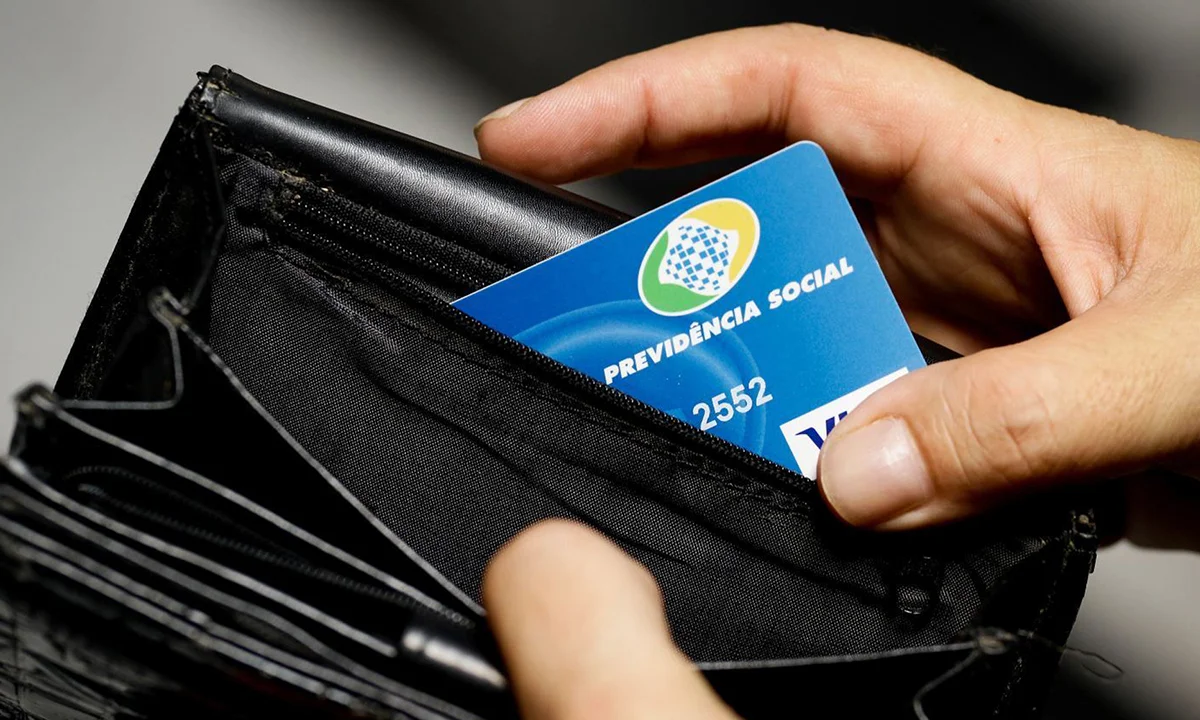Events
Physicists use quantum mechanics to extract energy from nothing
Physicists have achieved a feat in the field of quantum mechanics that seems to defy the laws of physics: extracting energy from empty space.
Advertisement
Physicists have achieved a feat in the field of quantum mechanics that seems to defy the laws of physics and common sense: extracting energy from empty space. According to conventional belief, it is impossible to obtain energy directly from a vacuum as it has no energy. However, Masahiro Hotta, a theoretical physicist at Tohoku University in Japan, proposed a different approach, suggesting that the vacuum could be forced to release energy under certain conditions.
Masahiro Hotta's idea was initially met with skepticism and largely sidelined by researchers, who consider extracting energy from empty space unlikely. However, after analyzing in more detail, it was observed that the physicist's proposal involved a distinct quantum phenomenon that was more similar to the teleportation of energy between different locations than the creation of energy.
In recent years, 2 separate experiments have teleported energy over microscopic distances in quantum devices, offering evidence that energy teleportation is a legitimate quantum phenomenon.
Hotta's initial skepticism regarding quantum energy teleportation emerged from his quest to measure the intensity of entanglement, a quantum bond that links objects even though they are far apart. He suspected that negative energy, an exotic concept in quantum theory, could be used to measure entanglement. The physicist's investigation revealed an unexpected and surprising result: a simple sequence of events could induce empty space (vacuum) to release energy that was previously non-existent.
This counterintuitive phenomenon emerges due to the peculiar nature of the quantum vacuum, which is never stabilized in an absolute zero energy state due to the inherent fluctuations of quantum fields. The fluctuations, known as zero-point energy, provide a minimum level of energy for each field, even in empty space. Hotta discovered that by exploiting the entanglement present in vacuum fluctuations, energy could be extracted from the system's ground state.
The procedure involves Alice and Bob, two physicists. Bob wants energy, but can only access empty space. Alice, located in a distant position, measures the quantum field and injects energy into it, thus deviating the general field from its ground state. Bob, without any knowledge of Alice's actions, uses information she sends about vacuum fluctuations to extract energy from his local vacuum. The energy extracted is limited to the amount that was injected by Alice, ensuring energy conservation and preventing any violation of fundamental physical principles.
Despite Hotta's work being innovative in nature and his experiments being successful, the concepts surrounding quantum energy teleportation initially faced skepticism and were brushed aside as just another unrealistic attempt to harness the energy of empty space. However, Masahiro Motta persisted in developing and promoting his idea, being encouraged by other physicists, including Willian Unruh.
The experimental validation of the quantum energy transport screen experienced significant delays caused by unforeseen circumstances, such as the earthquake in Tohoku and damage to equipment. However, the research was finally pushed forward, and experimental demonstrations were carried out by two independent groups. One group used nuclear magnetic resonance technology to teleport energy between carbon atoms, while the other group used IBM's quantum computing platform to demonstrate quantum teleportation of energy in a qubit.
The successful experiments established the possibility of energy teleportation and are considered significant milestones. However, Hotta still considers the experiments to be quantum simulations rather than natural phenomena. His ongoing research aims to harness the zero-point energy of a system whose ground state naturally possesses entanglement by observing the fundamental quantum fields that travel through the universe.
The potential applications of quantum energy teleportation are many. It could help stabilize quantum computers and enable the study of heat, energy and entanglement in quantum systems. There are also prospects for incorporating energy teleportation into the emerging area of the quantum internet.
Although this search for negative energy density and the implications in space-time are interesting to some researchers, others warn that the understanding of quantum correlations is still very shallow and is still in development. More research is needed to understand the possibilities and implications of quantum energy teleportation.
Satisfied that the process of quantum energy teleportation is a legitimate physical phenomenon, Hotta believes it represents real physics, not just science fiction.
About the author / Tiago Menger
Trending Topics

PIS/PASEP 2023: Consultation opens on February 5th; Look
According to the Ministry of Labor and Employment, in 2023 PIS/PASEP will reach 23.6 million workers, 21.4 million from the private sector and 2.2 million from public servants.
Continue lendo
Bolsa Família: releases NEW installment of R$ 600; see how to withdraw
The Bolsa Família installment is being paid today to those insured by the program. And in addition to the RS 600, families will receive a supplement.
Continue lendo
BBB 24 has started: remember the biggest controversies in the program's history
Relive BBB's biggest controversies. From heated confrontations to unexpected twists, check out the memories of the most watched house in Brazil!
Continue lendoYou may also like

13th INSS salary: Government ADVANCES payment schedule; See the dates
A decree was signed by President Lula anticipating the INSS 13th salary payment schedule. See the new dates.
Continue lendo
CadÚnico: 5 Reasons to Be Excluded
CadÚnico: The Cadastro Único is the gateway to various social benefits from the Federal Government.
Continue lendo
Bolsa Família: How to Receive R$900 in the Next Payment
In addition to the basic value of R$ 600 from Bolsa Família, it is possible to receive even more depending on the family configuration.
Continue lendo